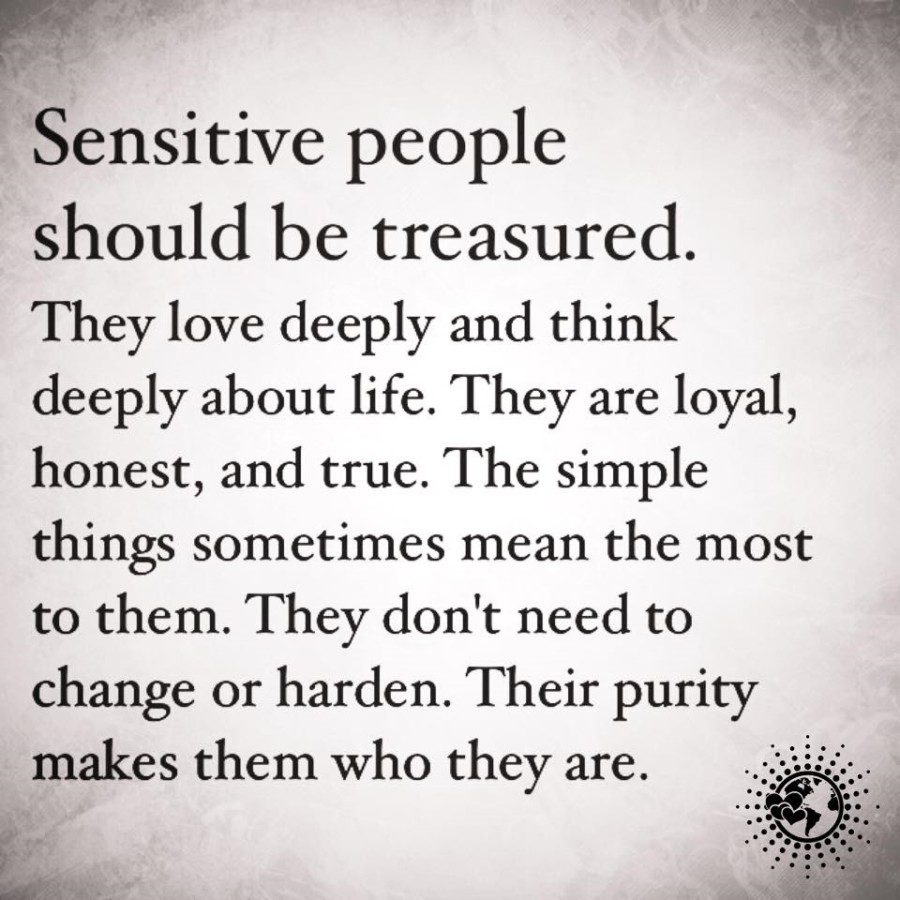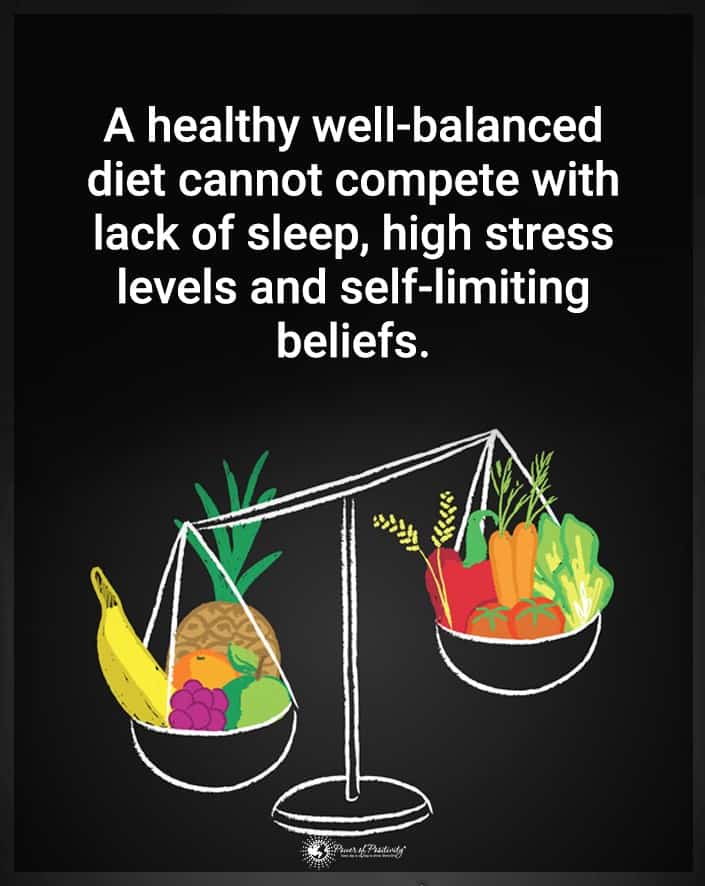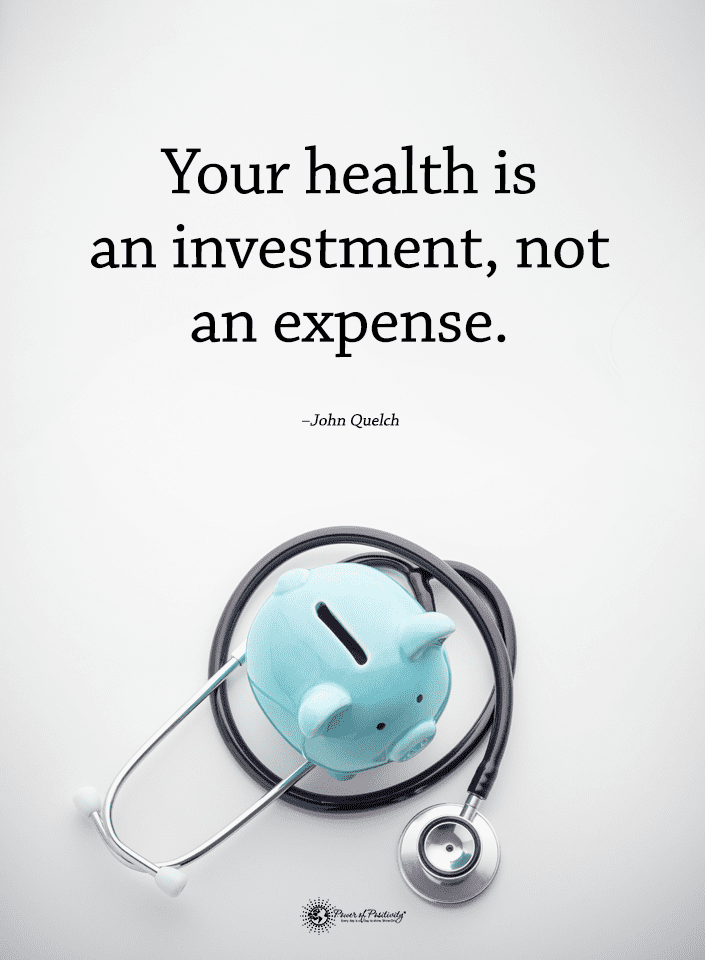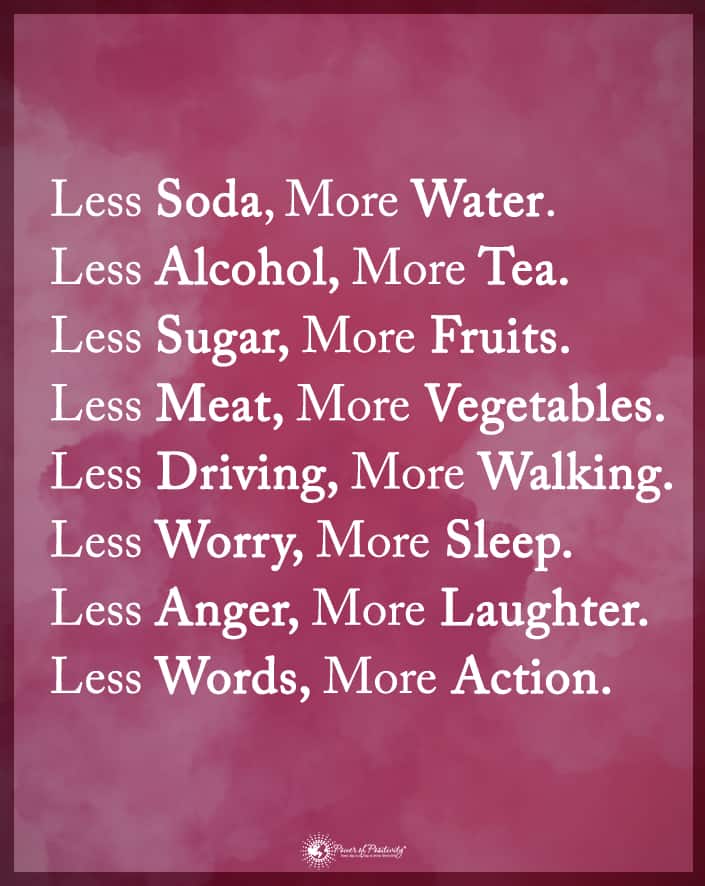Most people desire a loving partner who will compromise, empathize, and show them basic respect. Of course, no one’s significant other is perfect; it’s a constant effort to keep things afloat. That’s life in a nutshell. It is all a balancing act we must learn to manage as we walk our journeys.
Unfortunately, most relationships get put on the back burner in today’s fast-paced world. We’ve become imbalanced in our personal and inner lives, which creates dysfunction in other facets of life. Our careers and material needs have taken precedence over relationships, and we can see the consequences beginning to manifest.
Despite these challenges, having a loving partner who attends to your needs is still possible. The key lies in how you view relationships and what you expect to receive from them. If you see relationships as a team effort rather than a power struggle, it’s much easier to feel fulfilled with someone.
Perhaps you’ve found the perfect love interest who ticks all your boxes and makes you happy. Below, we’ll list a few traits of a loving partner that you may relate with if you’ve found that special someone.
A Loving Partner Exhibits These Seven Traits

1. They listen to you attentively.
A loving partner practices active listening, so they don’t miss out on essential details. It’s also a sign of respect and adoration when you listen to someone without interrupting.
Studies show that couples who actively listen during periods of stress have better relationships. They give full attention to their partner during conversations because they genuinely care about what they have to say. It would help if you didn’t have to ask a faithful, devoted partner to listen when you speak. They should automatically give you space to express yourself and vent any concerns about your day.
2. They’re not afraid to compromise.
A loving partner also will meet their beau halfway instead of demanding more while giving less. They make sacrifices for their partner because they also care about their happiness. A selfish partner would only prioritize their needs and ignore the desires of their significant other. However, a generous, doting partner will always consult their other half before making decisions. They consider how certain choices affect both people and do what’s best for the relationship overall.
3. A loving partner knows when to put down their phone.
It’s no secret that technology has impacted relationships on a grand scale. The prevalence of smartphones and other devices created a massive shift in how we communicate and express ourselves. Sadly, people have become addicted to instant gratification from technology, and relationships have suffered. But a loving partner knows when to set the devices aside and focus on their relationship. They realize that no relationship can survive if one person checks out and uses technology to escape reality.
4. They learn your love language.

Everyone expresses and receives love differently based on their individual preferences and personalities. A loving partner will want to ensure they know the best way to meet your needs. Learning your unique love language allows them to understand you deeper and make the relationship more meaningful. Relationships have less conflict when both people feel loved and appreciated.
Marriage counselor Dr. Gary Chapman coined the Five Love Languages, which describes how couples give and receive love. These include acts of service, words of affirmation, gift-giving, quality time, and physical touch. Some people have several love languages, while others prefer one expression of devotion. Either way, no act of love goes unnoticed in relationships, and a loving partner will do whatever it takes to make their significant other feel special.
5. A loving partner knows how to balance independence and quality time.
In relationships, everyone needs time alone to recharge and reconnect with themselves. Being with your spouse 24/7 can indicate codependency issues, which usually leads to a breakup eventually. People need room to breathe and explore their own identities away from the confines of a relationship. That doesn’t mean couples should go days without seeing one another, but healthy boundaries should exist. A loving partner realizes when their other half needs space and has no problem spending time alone.
6. They ask questions about your life.
A supportive significant other practices open communication and will want to know everything about their significant other. Both partners feel comfortable sharing their deepest thoughts and insecurities in a healthy relationship. They also ask about the mundane aspects of life, such as how their significant other’s day went. Especially in today’s world, it’s pivotal for couples to keep open lines of communication and support their partners.
7. They accept and cherish you, flaws and all.
A loving partner would never ask you to change anything about yourself. They accept and love you as nature made you, allowing you to express your authentic self without judgment. People in healthy relationships don’t try to fix or control one another. They realize it isn’t their place or job and only want a partnership with someone who will treat them equally.
Sadly, many people today find themselves in controlling or abusive relationships for various reasons. Finding someone who feels comfortable enough in their skin to love another unconditionally is difficult. However, you can attract a stable partnership by opening yourself up to love and doing inner healing.

Final Thoughts on Things a Loving Partner Does Without You Asking
When you have a loving partner who supports you, everything seems to flow effortlessly. You don’t have to ask or beg for what you need — they already know what to do without prompting. For instance, they take time to learn your love language to meet your needs. They also practice active listening and set aside quality time to strengthen the relationship.
In addition, a supportive relationship involves compromise and dedication, two things a loving partner can give endlessly. Of course, every relationship will encounter obstacles and struggles, but two people who genuinely love each other will make things work. It’s much easier when you have a partner who puts in just as much effort.














